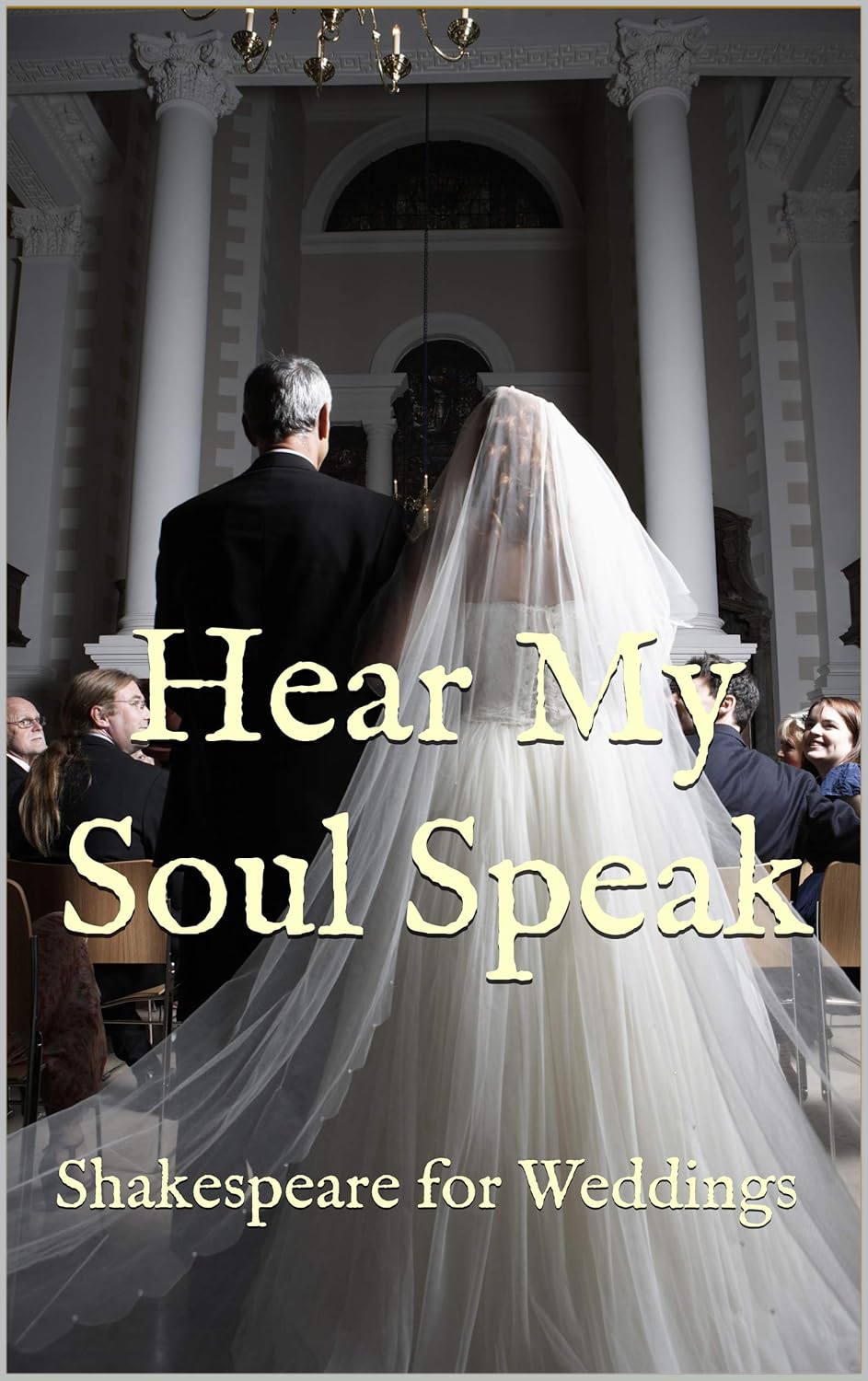 Dionne, Erin. The Total Tragedy of a Girl Named Hamlet. New York: Dial Books, 2010.
Dionne, Erin. The Total Tragedy of a Girl Named Hamlet. New York: Dial Books, 2010.In this all-too-brief breathing space between grading essays, I'd like to squeeze in an all-too-brief review of The Total Tragedy of a Girl Named Hamlet, a recently-released young adult novel with Shakespearean overtones.
The best parts of the book are its authentic creation of a seventh-grade girl's voice and its over-the-top presentation of parents who are insanely (at least from a seventh-grade girl's point of view) passionate about Shakespeare. Additionally, the plot is intriguing and well-crafted.
Seventh-grade Hamlet, our narrator, has a seven-year-old sister named Desdemona (who goes by "Dezzie"). Dezzie is a certifiable genius, and she is enrolled in Hamlet's middle school. That's part of the problem. Their parents are Shakespeare professors—the kind who dress in Shakespearean garb, make models of the Globe theatre for fun, quote Shakespeare left and right, and set up a booth at the local Renaissance Fair. That's another problem.
 [Editor's Note: This image is not the title page of the book, but it's the image that comes to me when I think of the title. This girl's life has been inscribed over the text of a Shakespeare play.]
[Editor's Note: This image is not the title page of the book, but it's the image that comes to me when I think of the title. This girl's life has been inscribed over the text of a Shakespeare play.]
The prose doesn't rise to the heights of Susan Cooper's Shakespeare-related young adult novel (for which, q.v.), but I'm not sure it's meant to. And the novel's voice is a fun, light, humorous one. Occasionally, as in the image that heads this post, our narrator launches into brief dramatic sketches that demonstrate the humor of the situation and underscore the play-beneath-the novel aspect of the book:
All in all, it's a good book with some depth behind the light humor. It's well worth reading.
[Editor's Note: The Shakespeare scholar in me won't let me avoid mentioning the one lapse in Shakespearean knowledge in the book. At one point, Hamlet's parents come to her school to help her English teacher with a Shakespeare unit. They want to teach the students iambic pentameter, and they leap about the classroom, banging on a tambourine. It's a brilliant scene, beautifully visualized. However, the line they choose as an example is not in iambic pentameter. Instead, it's one of the trochaic passages from A Midsummer Night's Dream: "Weaving spiders, come not here; / Hence, you long-legg'd spinners, hence" (II.ii.20-21). Instead of banging the tambourine in a trochaic beat ("WEAV-ing SPI-ders COME not HERE"), they attempt to make iambs out of it: "Wea-VING [clang!] spi-DERS [clang!] come NOT [clang!]" (226). It's arguably a minor point, but the characters—and the words—suffer from it.]
Links: The Author's Official Web Site.
The different characters and their attitudes are nicely drawn in that short scene.The Scene: The dinner table. Could be any night of the week. Mom, Dad, Dezzie, and Hamlet sit around a giant tray of seaks and baked potatoes.
Dad: But they still do not know who killed Christopher Marlowe.
Dezzie (slicing her meat): It happened either in a bar or tavern. There is a rumor that he was a spy for Sir Francis Walsingham's intelligence service. But I am not sure he was really murdered.
Mom (knife clatters to her plate): You are not suggesting what I think you are!
Me (pouring gravy into mashed potato volcano): . . .
Dad: Marlowe did not fake his death and write under the Shakespeare pseudonym. You have been reading too much Calvin Hoffman.
Dezzie: But the theories he puts forth are invigorating!
Me (watching gravy flow down the sides of the volcano): . . . (23-24)
All in all, it's a good book with some depth behind the light humor. It's well worth reading.
[Editor's Note: The Shakespeare scholar in me won't let me avoid mentioning the one lapse in Shakespearean knowledge in the book. At one point, Hamlet's parents come to her school to help her English teacher with a Shakespeare unit. They want to teach the students iambic pentameter, and they leap about the classroom, banging on a tambourine. It's a brilliant scene, beautifully visualized. However, the line they choose as an example is not in iambic pentameter. Instead, it's one of the trochaic passages from A Midsummer Night's Dream: "Weaving spiders, come not here; / Hence, you long-legg'd spinners, hence" (II.ii.20-21). Instead of banging the tambourine in a trochaic beat ("WEAV-ing SPI-ders COME not HERE"), they attempt to make iambs out of it: "Wea-VING [clang!] spi-DERS [clang!] come NOT [clang!]" (226). It's arguably a minor point, but the characters—and the words—suffer from it.]
Links: The Author's Official Web Site.





















